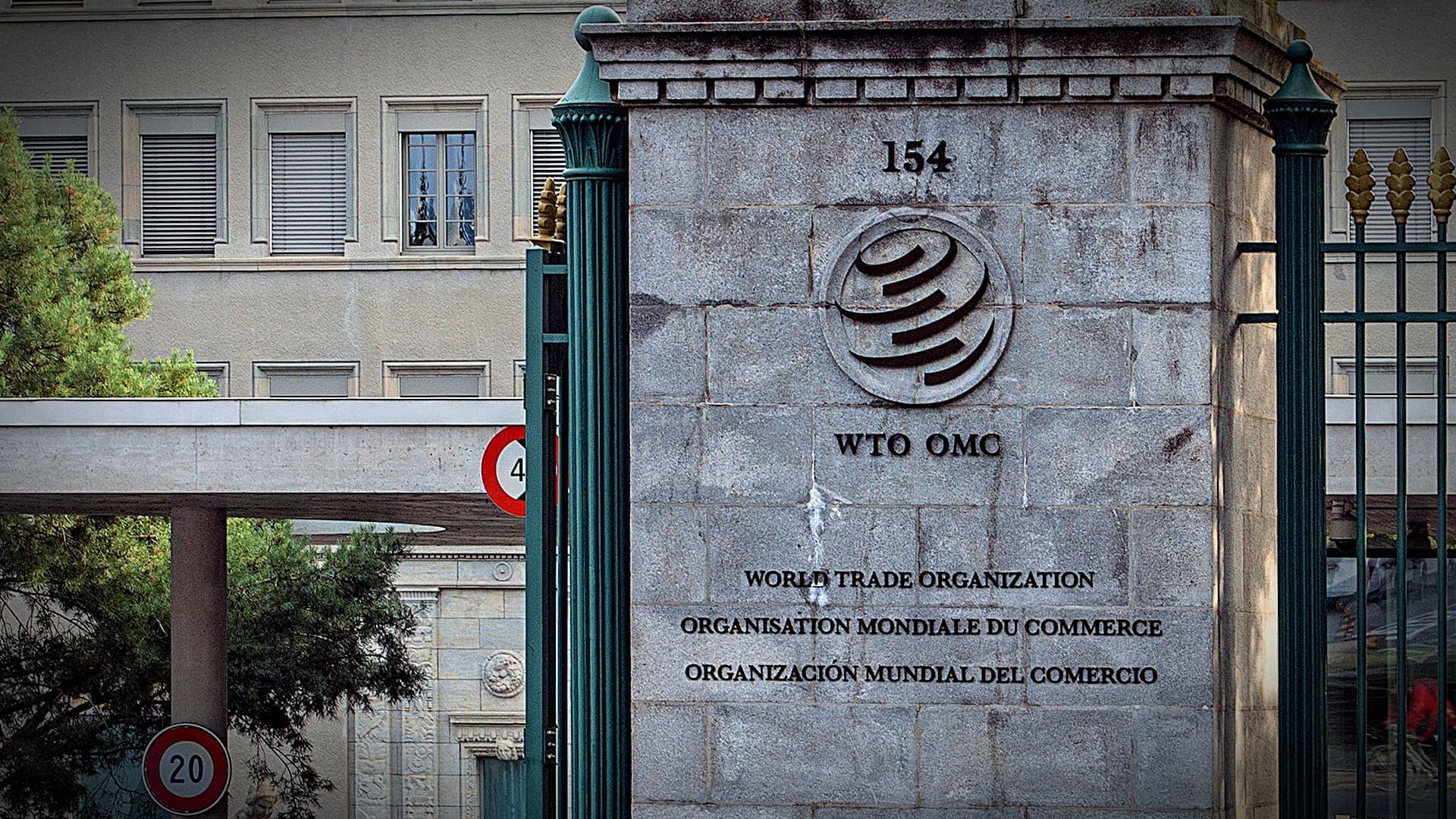WTO Rules in Favor of Spanish Producers in Table Olive Dispute

The World Trade Organization ruled that U.S. tariffs on Spanish ripe table olives are illegal due to misinterpretations of EU agricultural subsidies, resulting in a significant decrease in olive exports and financial losses for Spanish producers. The U.S. Commerce Department has not yet commented on the ruling, and a separate case regarding the basis of the tariffs is still ongoing in the U.S. court system.
The World Trade Organization has ruled that some tariffs imposed by the United States on imports of ripe table olives from Spain are illegal.
The tariffs were imposed by the U.S. Commerce Department in July 2018 after two California-based table olive producers lodged anti-dumping and anti-subsidy complaints. Depending on the company involved, these tariffs ranged from 30 to 40-percent.
We now expect the U.S. to take the appropriate steps to implement the WTO ruling so that exports of ripe olives from Spain to the U.S. can resume under normal conditions.
In its 146-page report, the WTO said the Commerce Department misinterpreted the rules governing the allocation and valuation of the European Union’s basic payment scheme, which was the largest of the rural grants and payments provided to the farming industry under the 2003 Common Agricultural Policy.
See Also:Trade NewsThe WTO added that the Commerce Department had erroneously contended that the basic payment scheme and single payment scheme, which preceded it, were “explicitly limited to olive growers” and that the benefit of those subsidies went entirely to growers who exported to the U.S.
However, the WTO also said the E.U. failed to demonstrate that the U.S. had violated international trade law through the application of its anti-dumping tariffs. As a result, the WTO said these may stand.
“The Commission’s efforts to vigorously defend the interests and rights of E.U. producers, in this case, growers of Spanish ripe olives, are now paying off,” said Valdis Dombrovskis, the Executive Vice-President and Trade Commissioner. “The WTO has upheld our claims about anti-subsidy duties being unjustified and in violation of WTO rules.”
“These duties severely hit Spanish olive producers, who saw their exports to the U.S. fall dramatically as a result,” he added. “We now expect the U.S. to take the appropriate steps to implement the WTO ruling so that exports of ripe olives from Spain to the U.S. can resume under normal conditions.”
Neither the Commerce Department nor the International Trade Commission, both of which were involved with drafting and implementing the tariffs, had commented on the WTO’s ruling at the time of writing.
The European Commission said exports of ripe olives from Spain to the U.S. decreased almost 60-percent since the imposition of the tariffs. Prior to 2018, Spain exported about €67 million of table olives to the U.S. annually.
According to the Spanish Association of Table Olive Exporters and Producers (Asemesa), black table olive producers in Spain have accumulated export losses of more than €150 million since July 2018.
While officials at Asemesa celebrate the WTO’s ruling on the unlawfulness of anti-subsidy tariffs, the organization’s attention will soon return to a separate case making its way through the U.S. court system.
In June 2021, the U.S. Court of International Trade ruled that the arguments used by the Commerce Department as the basis of the anti-subsidy and anti-dumping tariffs are “not in accordance with law.”
The Commerce Department was then given 90 days to submit new evidence. The window to submit the evidence closed at the end of September. Once again, the department did not comment on whether it had resubmitted.









